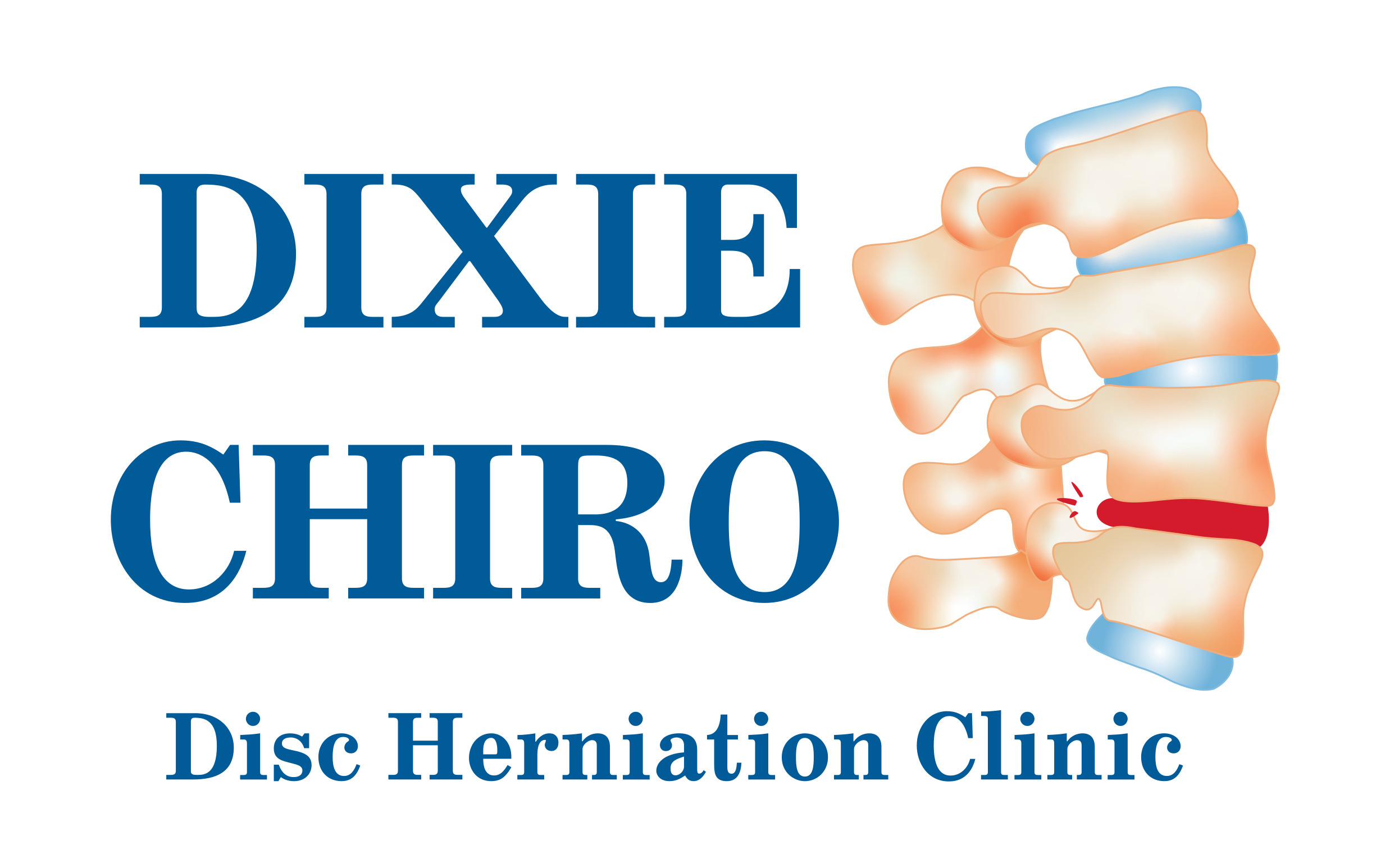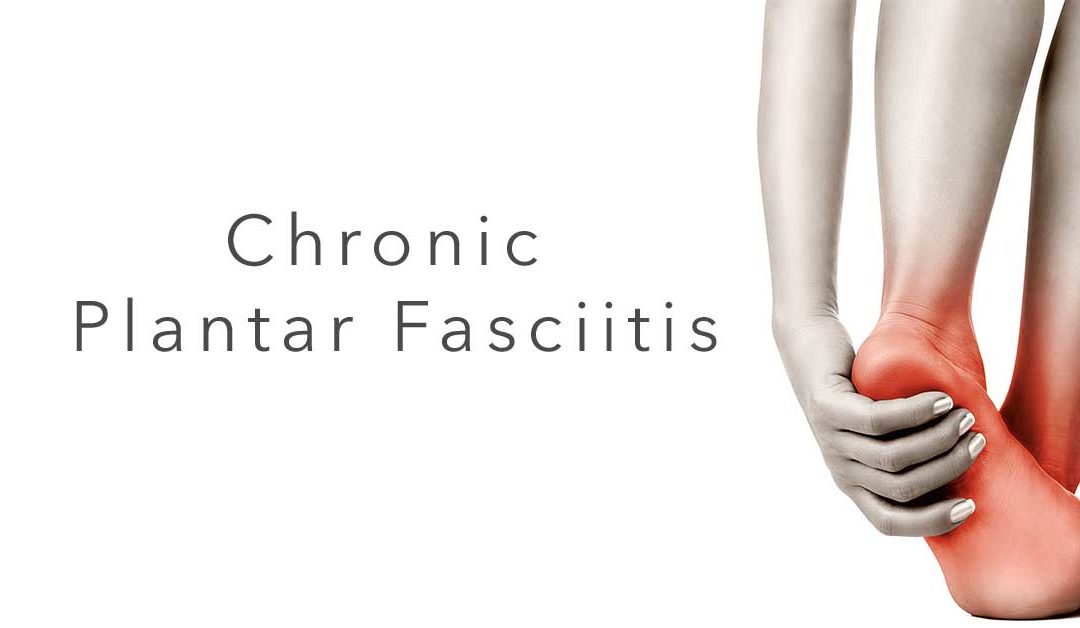Weekend Warrior is a name for an athlete who is beyond his competitive years but still likes to engage in a sport. This sport usually falls on the weekend. Typically, Weekend Warriors were athletes who trained on a daily basis while in high school or college, but now that they are on a career path, married, or raising a family, they don’t have time to exercise as regularly as they used to.
This significant drop in activity level causes this person to put on some extra weight, loses some of the spring in their step, and over time, tends to start feeling aches and pains that used to be foreign to them.
After a week of work stress, a Weekend Warrior will head to a basketball game and enjoy an hour or two of sweat, competition, and camaraderie. But there begins something they didn’t anticipate. Pain. These are the guys (and gals) that typically develop lower back, knees or foot pain.
For most of these aches and pains, there is a day or two of discomfort, and then they feel okay again. Sometimes, however, the pain may linger longer. Still, the person recovers enough to play the next weekend. As this joint abuse continues, a person may develop an overuse injury.
One of the most common overuse injuries is a condition called Plantar Fasciitis. Plantar Fasciitis is a painful condition of the bottom of the foot and is most commonly felt at the front of the heel and may extend forward through the arch of the foot.
Chronic Plantar Fasciitis
Classic Plantar Fasciitis is felt most in the morning. People who have it typically wake up in the morning and when they first put their feet on the floor and begin walking they hobble across the room because of stabbing pain into the foot, but after a minute or two, they start feeling a little better. However, every time they sit for a little while, the pain returns.
As Plantar Fasciitis remains untreated, the pain increases and the duration lengthens. Over time, the pain may become so severe that the person feels it constantly when weight bearing.
Classic treatments are over-the-counter anti-inflammatories and/or Cortisone injections with some results, however, in many cases this only helps with managing pain but doesn’t cure the problem. Therefore, when the drug wears off, the pain returns with a vengeance!
For severe cases multi-faceted approach is necessary. A 5 point evaluation encompasses history, bony position, foot posture & gate, palpation, and function. What the doctor needs to understand is how it began, what makes it worse or better, what has the patient tried.
In my evaluation, I determine how the foot moves actively and passively and how the arch of the foot maintains its stability when weight-bearing (i.e.: Is the arch collapsing or too rigid?). After listening to a person very carefully in getting a whole history, I then will go through my examination process which is quite detailed.
Severe, chronic plantar fasciitis is best treated with an arch support, laser therapy over the painful area, massage for the calf and other foot muscles, manipulation of the foot joints, and home ice and stretches. Typical progress is 90-100% improvement within 4 weeks.


Recent Comments